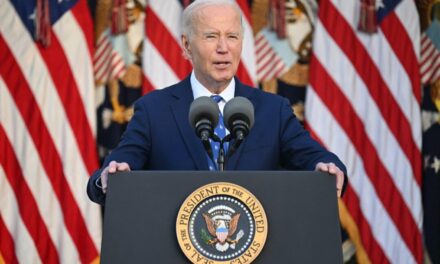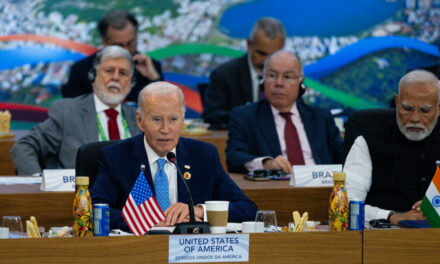We support our Publishers and Content Creators. You can view this story on their website by CLICKING HERE.
The physician is a professor of health policy at Stanford University.
President-elect Donald Trump chose Dr. Jay Bhattacharya, a Stanford University health policy professor, to lead the National Institutes of Health (NIH) on Nov. 26.
“I am absolutely thrilled and humbled by the nomination. It’s time to reform American science to make America healthy again,” Bhattacharya told The Epoch Times.
“Dr. Bhattacharya will work in cooperation with Robert F. Kennedy Jr. to direct the nation’s medical research, and to make important discoveries that will improve health, and save lives,” Trump said in a statement.
Almost 83 percent of NIH funding consists of nearly 50,000 competitive grants to more than 300,000 researchers across thousands of universities, medical schools, and various research institutions in all 50 states. The NIH also uses 11 percent of its budget to support roughly 6,000 scientists at its laboratories in Bethesda, Maryland.
Currently serving as the 17th NIH director is Dr. Monica Bertagnolli. Nominated by President Joe Biden in 2023, Bertagnolli is an expert in clinical oncology, including research into the genetic drivers of gastrointestinal cancer development and inflammation’s role in leading to cancer growth.
During his first administration, Trump retained Dr. Francis Collins, who was appointed by President Barack Obama in 2009 to serve as the 16th NIH director. Collins retired as head of NIH in December 2021.
Bhattacharya would be Kennedy’s subordinate if both are confirmed by the Senate next year.
Kennedy has said he would move to fire hundreds of NIH employees on his first day at HHS.
“We need to act fast, and we want to have those people in place on Jan. 20, so that on Jan. 21, 600 people are going to walk into offices at NIH and 600 people are going to leave,” he said at the Nov. 9 Genius Network Annual Event in Scottsdale, Arizona.
The Associated Press, Joseph Lord, and Jeff Louderback contributed to this report.

 Conservative
Conservative  Search
Search Trending
Trending Current News
Current News 







